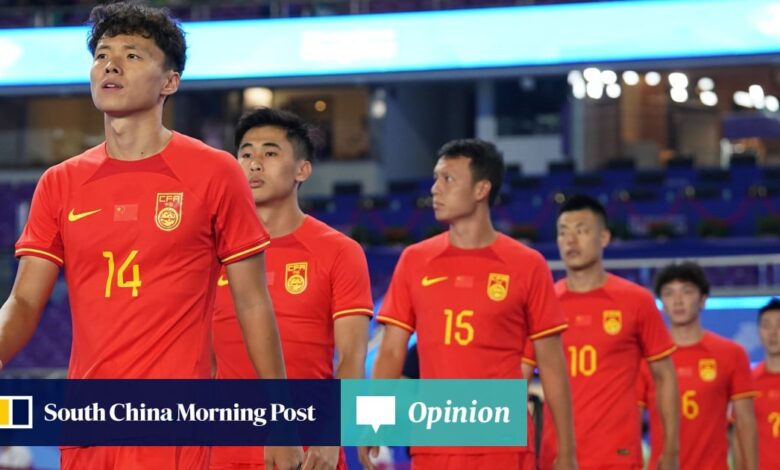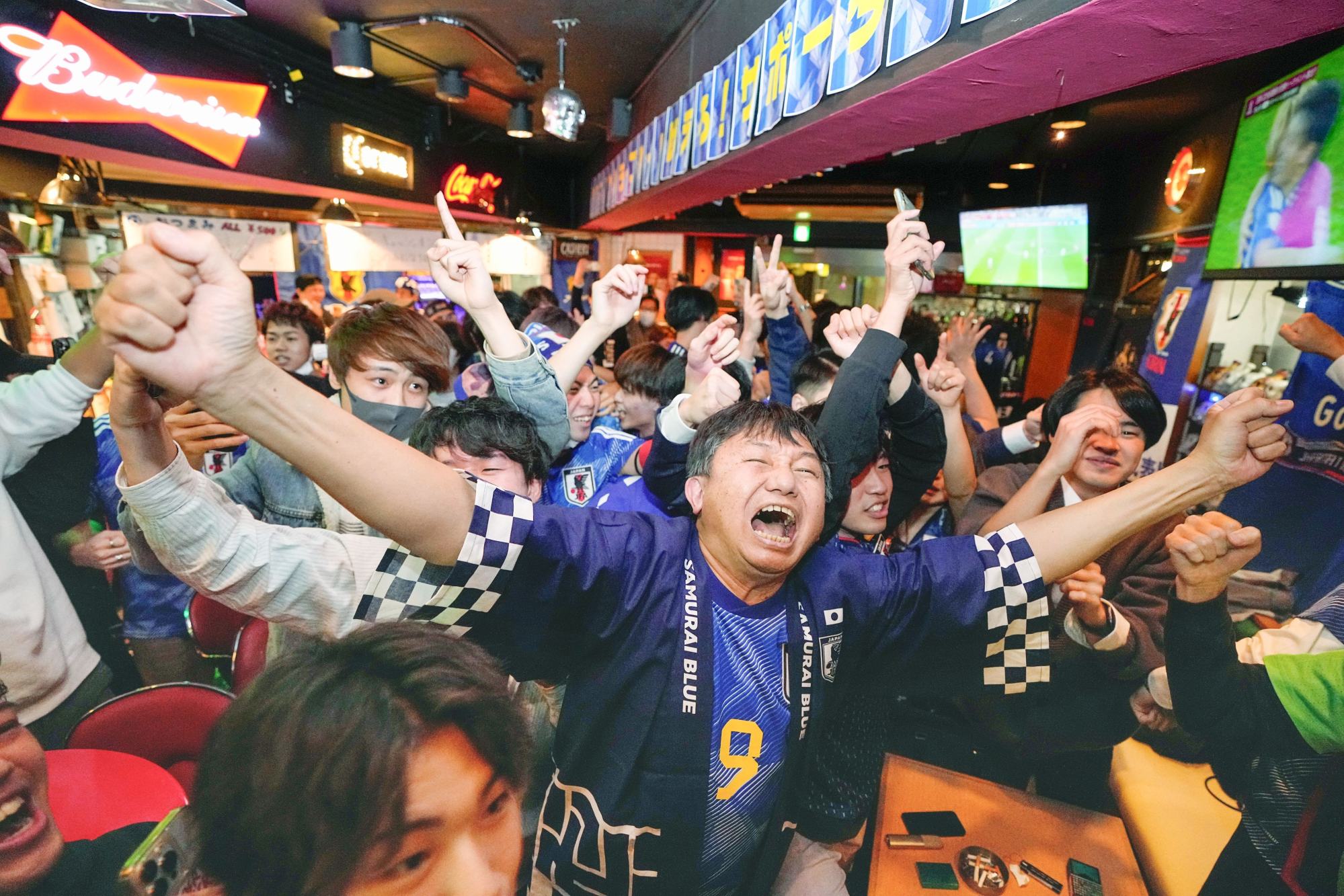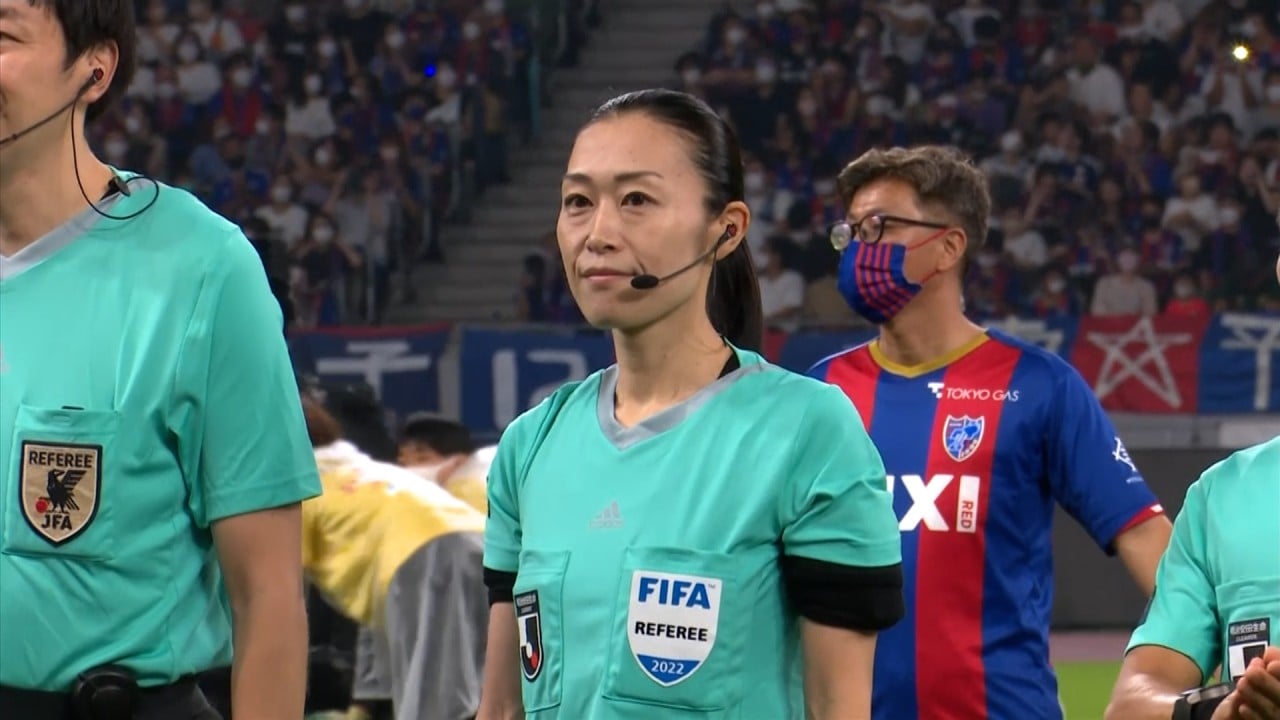Opinion | To achieve its football goals, scandal-hit China can learn from Japan

[ad_1]
By contrast, neighbouring Japan and South Korea recorded impressive results in the Qatar World Cup last year. In particular, Japan, the top-ranking Asian football nation, has beaten two former World Cup champions: Spain (in the World Cup) and Germany (in a friendly). Many Chinese wonder why Chinese football has fallen so far behind. Perhaps the Japanese experience can offer lessons.
In 1991, Japanese football was at its lowest point, arguably where Chinese football is now. It decided to establish a professional league with the sole aim of making it successful and sustainable. Similar to the Chinese Super League, the J-League started out with deep-pocket funding from corporations hungry for imported talent such as Brasil’s Zico and England’s Gary Lineker. Even Arsene Wenger, who went on to coach Arsenal, had a stint in Japan.
Within three years, Japan’s international rankings had improved and crowds averaged nearly 20,000 at every game. But Japan’s economic slump in the 1990s, in what became known as the “lost decade”, tested the J-League’s strength and sustainability.
The Japan Football Association started to focus more on the long term, with an ambitious plan to restructure the league for 100 full-time clubs (there are currently 60) and a World Cup victory by 2092.

The strategy has paid off and public interest in the game has been revived, particularly after the country co-hosted the 2002 World Cup with South Korea. By 2030, according to former J-League chairman Mitsuru Murai, Japan wants to be among the world’s top four leagues.
Every J-League club must be committed to developing youth talent and have under-15 and under-18 sides. The first team must include at least two home-grown players and one under 21. Club with greater success in developing young players attract more funds.
This approach ensures clubs are encouraged to get more youngsters into the sport – an aspect absent in Chinese football. It also means J-League clubs form partnerships with local, smaller companies and grass-roots academies to promote the sport to youngsters, encouraging participation and attracting spectators.
The J-League also promotes good governance by not allowing any of its clubs to have a brand or company name. Companies invest understanding that they cannot manipulate their association with the club for selfish interest. This encourages clubs to take on a long-term vision and reduces the possibility of corporate corruption – an issue China’s top anti-corruption body has pledged to tackle.
World Cup exit highlights ‘gap’ for China’s women’s football team
World Cup exit highlights ‘gap’ for China’s women’s football team
The likes of Maya Yoshida and Keisuke Honda, indispensable to Japan’s football success, were groomed in the J-League but also gained top-tier experiences abroad, including in the English Premier League.
Chee Yik-wai is a Malaysia-based intercultural specialist and the co-founder of social enterprise Crowdsukan
[ad_2]
Source link


